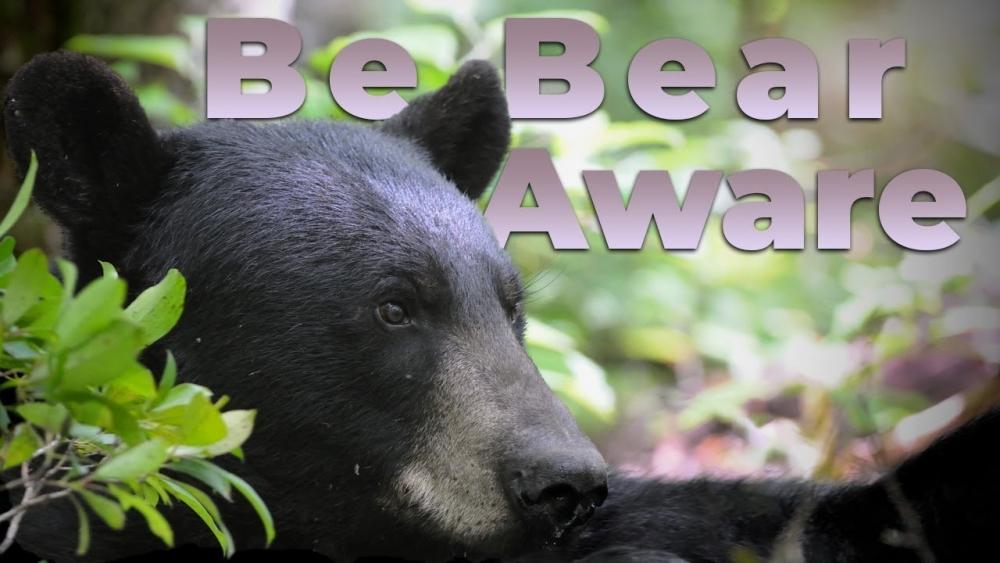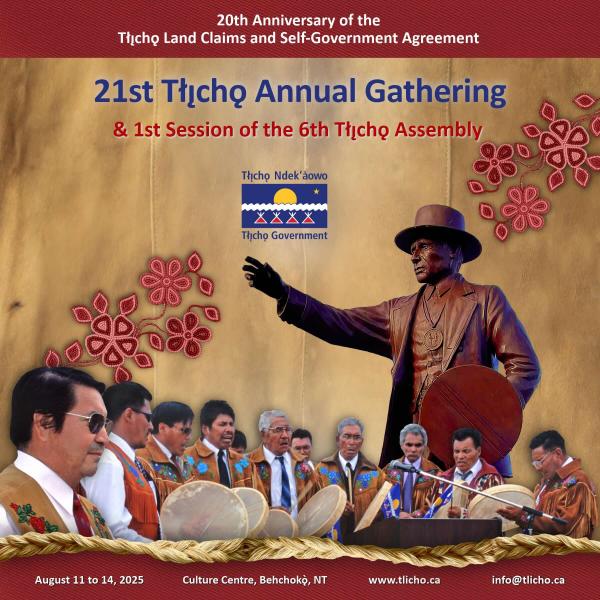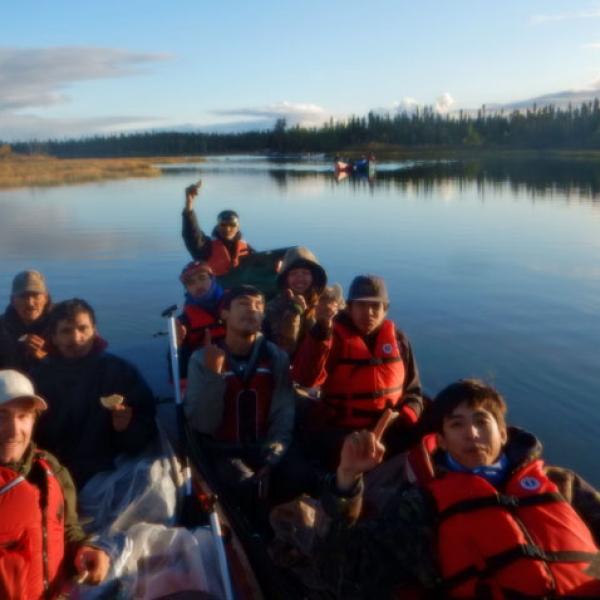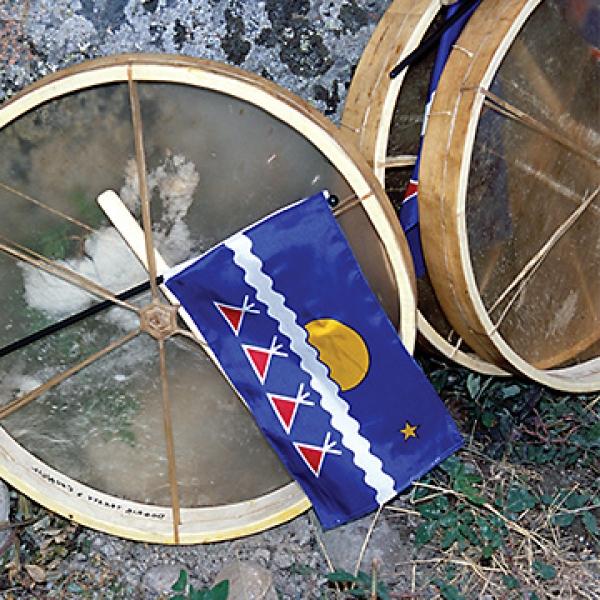Yellowknife (May 15, 2023) – Bears are coming out of hibernation in the Northwest Territories. The Department of Environment and Climate Change is reminding everyone that avoiding bear encounters starts with you.
Residents can take quick and easy steps to be bear-safe this season.
Do not invite them in!
Avoiding encounters starts with not inviting bears to your home, cabin, or community. Attractants are usually the cause. Negative encounters are more likely when bears are in populated areas, and if bears get habituated to human food and garbage, they are more likely to stay close to people and less likely to survive in the wild.
Take these steps to keep yourself and bears safer:
- NEVER feed wildlife
- Keep food, pet food, gas, and other potential attractants inside
- Bear-proof your garbage, either by keeping it inside or in a shed until collection day, or in a bear-proof container
- Do not clean fish or field dress harvested wildlife close to communities, cabins or homes. Safely dispose of the remains away from places used by people to cut down on smells
Be prepared on the land
Take these steps to avoid negative encounters with bears on the land:
- Take deterrents like bear spray or bear bangers along, and know how to use them
- Do not leave garbage or food waste behind and bear proof your camp site
- Make noise, travel in groups, and carry bear spray
- Keep your dog on a leash at all times
- Be on the lookout for fresh bear signs and leave the area if you find any
If you see a bear:
- Keep your distance
- Back away quietly
- Try to stay downwind to avoid the bear from smelling you
- Make loud noises to scare them away
Report sightings to your region’s wildlife emergency line Find the numbers here
If a bear charges:
- Make loud noises and do not turn your back
- Many charges are bluffs. The bear will often veer to the side at the last minute
- Use bear spray only at close range
- If you have a firearm and contact appears unavoidable, shoot to kill
- If you play dead during a bear attack, lie on your side, curl into a ball with your legs tight to your chest and hands clasped behind your neck
When you are safe, report it to your region’s wildlife emergency line right away Find the numbers here
Bears in the NWT
The NWT is bear country. It is home to black, grizzly, and polar bears. Bears normally avoid contact with people, but if they or their cubs are spooked, approached, or habituated to human food or garbage, they can become a problem.
Encounters are most common in spring as bears emerge, and late summer through fall when they are working to fatten up for winter.
Bear Safety Resource
For media requests, please contact:
Mike Westwick
Manager, Communications and Public Affairs
Department of Environment and Climate Change
Government of the Northwest Territories






